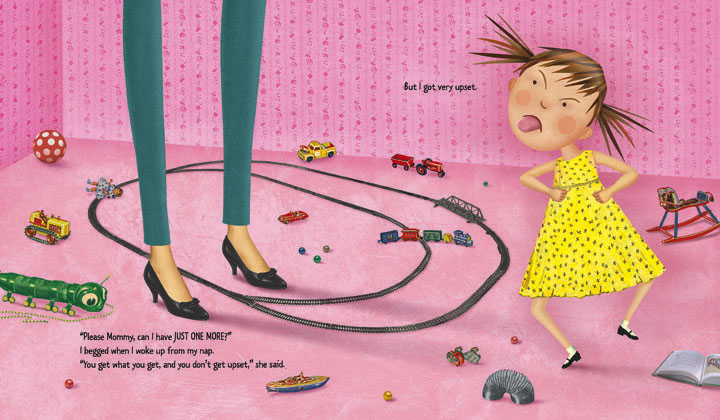My life changes irrevocably in a couple of days.
On Saturday morning, my friend will drop me off at the airport. We'll probably embarrass ourselves by sobbing; at least I probably will. I’ll get on a plane and leave Mexico, and get home just in time to see the fireworks from the plane. I have no return ticket. I’ve spent the last couple of weeks cleaning up my life here, tying off loose ends and saying goodbye to the places and people that I’ve come to love. I’ll spend the next couple of months piecing together a new life and all that entails-getting a job, making new friends, catching up with old ones. It’s all laid out in front of me, and I’m excited and happy for what comes next in my life, when I'm not being overshadowed by twin cataclysmic sensations of loss and fear.
If this feels abrupt, please-all the blame’s on me. I made this decision some time ago. Everything’s been in motion for months now. But every time I sat down to write it out for you, it came out wrong. One version was too whiny. The next was too sappy. The next was too bland. Nothing came out right, and I kept putting it off and putting it off until now, when I’m almost out the door and feeling like I owe you all something more than “Oh, hey, guys, BTWs I’m leaving!” Because that’s not fair to you, oh faithful readership (and my mother).
When God first started telling me it was almost time to leave, I brushed it off. Leaving is for quitters. I do not quit. I keep going until I’m dead and continue to insist I’m fine until I pass out (no, really). When He kept speaking to me, I freaked out. How could I consider leaving? There’s so much need here! There’s so much to do! And what about my children? Are you insane?? And when He kept insisting, I (finally) started praying. In praying, I remembered the conclusion I had already reached in my life, but had forgotten somewhere along the way: that my life is not MY life. It’s His, wholly and completely. And if my life is His, and He’s asking me to do something; well, even if I don’t understand why, shouldn’t I do it?
So I did. And I am. And now I’m leaving on Saturday and all I want to do is sit here and cry and say, “God, why are you screwing with me like this,” because I packed my suitcase an hour ago and it was so emotionally scarring I’m concerned about how I’m going to get through the next couple of days.
I had a plan, dang it! I had this worked out! I was going to come to Mexico, serve, meet an awesomely great Mexican guy, get married, have babies, and eventually either grow with LHI or start our own ministry. It was a great stinking plan. Perfect, even. But somehow I never got past step two, and now God’s telling me it’s time to go home.
To MINNESNOWDA, people. It’s COLD there.
How do I say goodbye to this place? How do I leave the people here? How could this possibly be the direction God’s calling me in? Because between you, me, and World Wide Web, I’m not the only one who’s not completely convinced, sometimes.
Those of you who have been to Esperanza Viva know: there’s something special about this place. It’s evident, in the children and in the staff, that God is alive and working here. The past two and a half years have held some of the best-and worst-moments of my life. I learned what it truly means to serve, to surrender myself completely to God. I’ve grown in my faith, and seen how God time and time again honors my prayers. I’ve been able to rid myself of old insecurities and hurts and bask in the wonder that is His grace. And best of all, in my time as a supervisor I’ve had the privilege of working with 23 girls-23 wonderful, beautiful, precious girls, who I love and cherish, and could never, ever forget.
Leaving is hard, because even if I never thought I would stay forever, I never really thought I would leave, either. Leaving is scary, because I’ve been on sabbatical from the real world for so long, and now I’m diving back into it. I’m so happy to leave, because I’ll get to spend time with my family and friends, and be involved with new and different ministries. But leaving breaks my heart, because of the ten little girls I’m leaving behind. Basically, leaving sucks, and I think it’s gonna keep sucking for a while.
So how do I say goodbye?
This isn’t a real goodbye. Goodbye is for those who aren’t coming back, and I always seem to land back at Esperanza Viva, one way or another. This is a step of faith, walking in obedience with the God who owns me, body and soul. I know He has plans for me, even bigger than the dreams that I have for myself. Plans that include an awesomely-great-hopefully-Mexican-but-I’ll-settle-for-Latin -American husband and a ministry of our own. And although I may not fully understand why He’s calling me away from this ministry right now, I’m convinced that this is His will for me. There’s a whole world of hurting children out there, and for me, Esperanza Viva was just the beginning. Someday, I think I’ll be back-and in the meantime, I’ll visit.
And right now, I’m gonna sit here and cry while I eat a piece of chocolate, because that’s all the emotional range I have left in me today.








.jpg)

.jpg)











.jpg)




.jpg)











